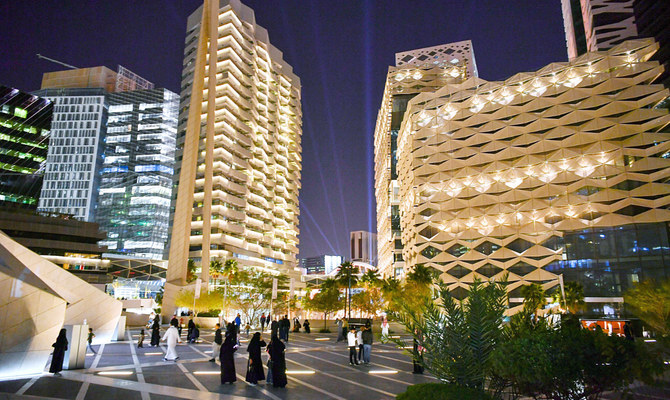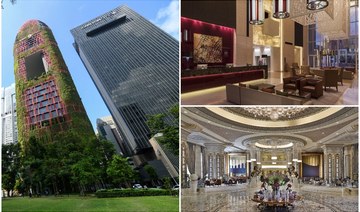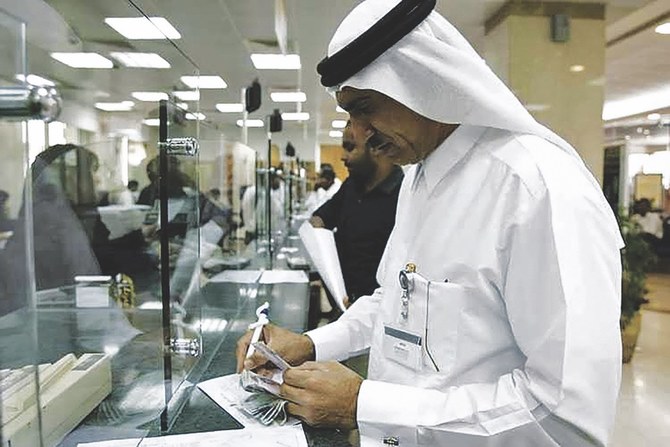RIYADH: By all accounts, it is a boom time for the hospitality industry in Saudi Arabia.
The latest data from hotel industry monitoring firm STR shows the Kingdom leads the Middle East and Africa’s hotel building activity, with 42,033 hotel rooms under construction as of March, accounting for 35.1 percent of the 119,505 being built in the region.
That places Saudi Arabia only after China and the US in the global hotel construction market.
But that’s not all. Under Vision 2030, the Kingdom’s hotel sector is expected to grow further, and have 310,000 hotel rooms by 2030 with an investment size of $110 billion, data released by Knight Frank indicated.
Not surprisingly, the Kingdom’s hospitality industry is witnessing steady growth in key performance indicators.
Take Riyadh’s hotel occupancy rate, for instance. It hit 75.5 percent in February, the highest figure since 2008, according to data released by STR in March.
Compared to 2019, the occupancy in February jumped 23.4 percent, the average daily rate rose 34 percent to SR801.46 ($213.46), and the revenue per available room increased 65.3 percent to SR605.06.
Additionally, Saudi Arabia’s hotel segment is projected to generate $2.51 billion in revenue this year and is expected to reach $3.02 billion by 2027, according to Statista.
“The hospitality industry is undoubtedly poised for accelerated growth and the region is currently leading the travel and hospitality sector globally,” Guy Hutchinson, president and CEO of hospitality group Rotana, told Arab News.
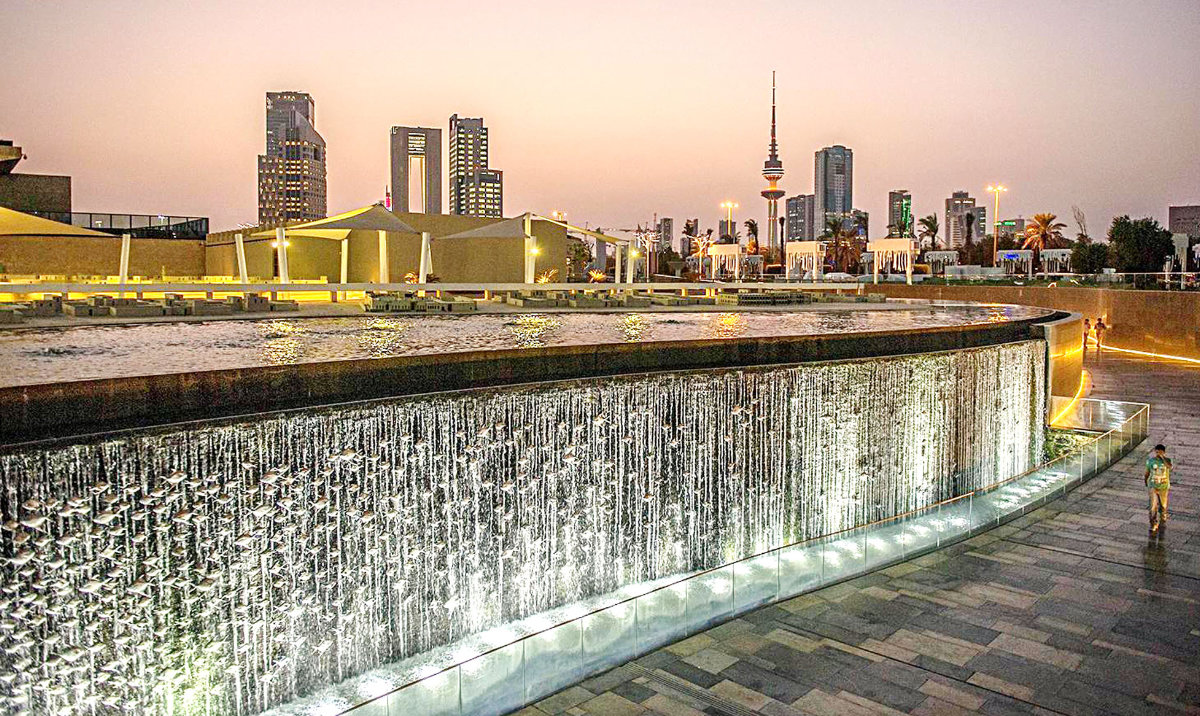
Rotana has seven hotels in the pipeline in Saudi Arabia, including five new properties in Riyadh that are being negotiated. These properties will almost triple the number of rooms the firm operates in the Kingdom to 6,000 over the next four years.
“Today, we are seeing constant infrastructure works taking place at full speed in order to meet the growing demand with more hotel groups expanding their footprint across the Kingdom,” added Hutchinson.
Giga-projects in focus
Committed to positioning Saudi Arabia as a leading global hub, public bodies continue to work closely with the private sector to develop world-class hotels and resorts across the Kingdom, including the development of giga-projects such as Red Sea Global, AMAALA, NEOM, Diriyah Gate and Qiddiya.
“Saudi Arabia’s giga-projects represent developments that are unique in scope and vision,” Ludwig Bouldoukian, regional vice president, development for Middle East and Africa at multinational hospitality company Hyatt, told Arab News.
“With construction underway at RSG and Diriyah, we already see significant progress and are very excited for what’s to come,” he added.
He also explained how the Kingdom plays a “pivotal role” in Hyatt’s growth strategy in the Middle East with anticipated room growth of more than 80 percent in Saudi Arabia by late 2025.
Haitham Mattar, managing director for India, the Middle East and Africa at IHG Hotels & Resorts, also talked up the welcoming environment for companies looking to expand.
“As Saudi Arabia works towards achieving its Vision 2030 goals, the Kingdom’s ambition to introduce new and novel developments is clear,” he said, adding: “NEOM’s The Line, a linear city with no roads, vehicles or emissions, and running on 100 percent renewable energy, is a prime example of this ambition.
“Such projects underline the fact that there is growing demand for innovative experiences and offerings.”
FASTFACTS
• Under Vision 2030, the Kingdom’s hotel sector is expected to grow further, and have 310,000 hotel rooms by 2030 with an investment size of $110 billion.
• Saudi Arabia’s hotel segment is projected to generate $2.51 billion in revenue this year and is expected to reach $3.02 billion by 2027.
• Riyadh’s hotel occupancy rate hit 75.5 percent in February, the highest figure since 2008, according to data released by STR in March.
Sandeep Walia, chief operating officer, Middle East, at Marriott International, told Arab News: “We are excited to be part of the largest development projects in the Kingdom such as RSG, Diriyah Gate and NEOM. We are also thrilled to introduce new luxury brands into the market.”
Ahmad Darwish, chief administrative officer at RSG, told Arab News that three resorts are set to open in the development this year, with a further 13 set for 2024.
“We are partnering with international brands to bring the very best that the world has to offer to Saudi Arabia and are firmly on track to welcome guests this year to our first resorts at the Red Sea, marking a new milestone by becoming the first of the original giga-projects in the Kingdom to receive visitors,” he said.
Way forward
Speaking to leading figures in the global hotel industry, it is clear that the tourism sector in Saudi Arabia is only going to continue to thrive.
Amir Lababedi, Hilton’s managing director of development for the Middle East and North Africa, told Arab News the reason the hotel chain is so keen for more sites in the Kingdom is because of the opportunities being fostered.
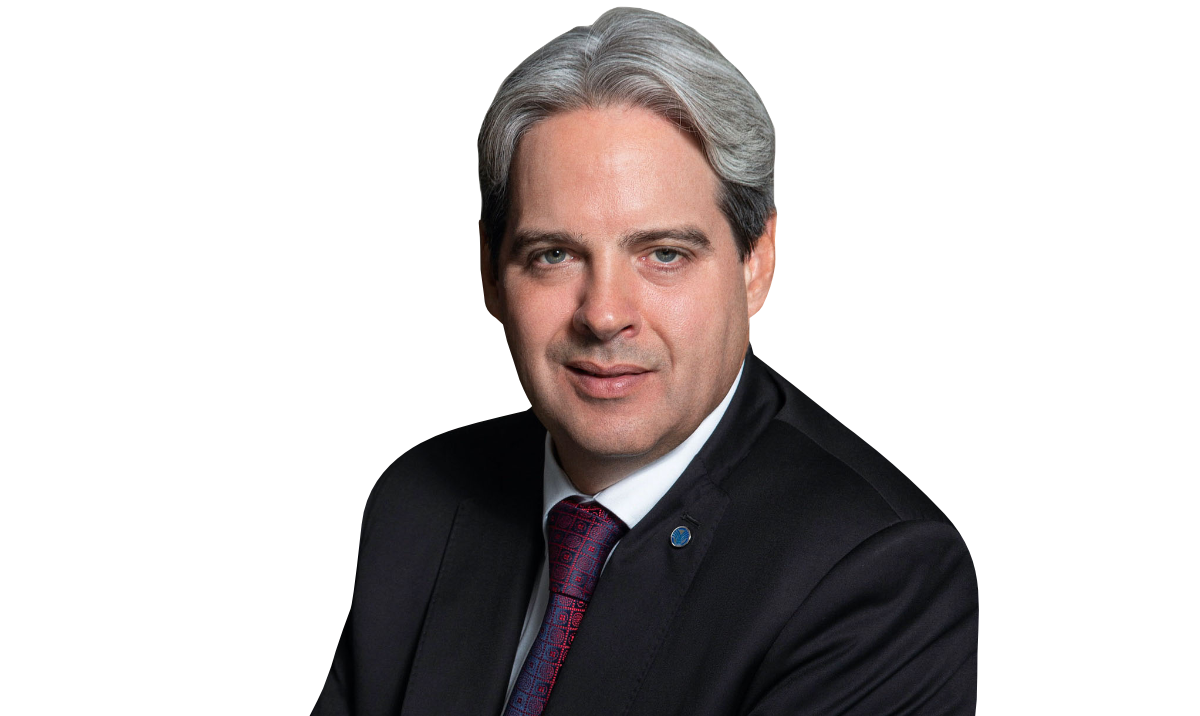
The hospitality industry is undoubtedly poised for accelerated growth and the region is currently leading the travel and hospitality sector globally.
Guy Hutchinson, Rotana president and CEO
“As we plan to grow our portfolio to more than 75 hotels in the Kingdom in the coming years, we’re enthusiastic about the future of Saudi Arabia as it embarks on its mission to become a global tourism destination,” he added.
Executives from both Wyndham Hotels & Resorts and Accor told Arab News they are set to speed up expansion plans in the Kingdom, such is the positive outlook for a sector that is a key part of the Vision 2030 initiative.
Marriott International’s Walia talked up this aspect of the hospitality environment, and said: “The Kingdom is not only investing in the infrastructure to meet the demand for hotel accommodation but is also working on wider initiatives that will have a direct impact on the hospitality industry and attract local, regional and international travelers.”
He added: “Access is one of the key areas that the country has made significant changes to. The country’s plans around developing and expanding airports in the Kingdom will play a key role in driving access into key cities and destinations.
“The recently launched Riyadh Air, which adds another national carrier, will also play a pivotal role in expanding the country’s network and connectivity to destinations across the globe.”
Walia went on to say that the Kingdom’s recent policies around visas and entry into the country will play a “key role in driving more traffic into the country.”
He added: “These are all factors that will support and further grow the hospitality sector in the country.”



